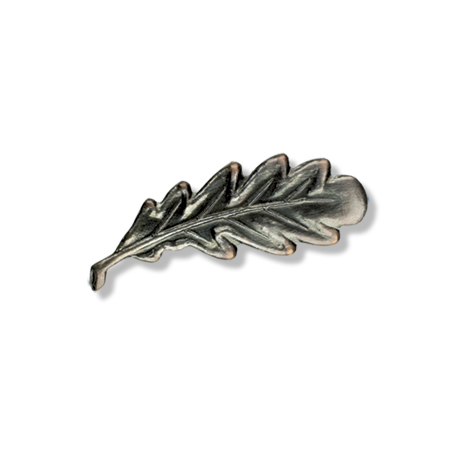Ernest Edward 'Eddie' Pruden was born in London in June 1919. After leaving school, he was working as a Shop Assistant when war broke out in September 1939. He soon volunteered for the Army and found himself in the Royal Army Medical Corps.
Eddie volunteered in late 1941 for the new Airborne medical units, and joined the newly-formed 16 Parachute Field Ambulance, where he stayed for the rest of his service. Then a Staff Sergeant, Eddie travelled with 16 PFA to North Africa in late 1942. He was awarded a Mention in Despatches for his actions on Djebel Mansour in February 1943, by which time he had become the Regimental Quartermaster Sergeant(RQMS) of 16 PFA.
A lighter side of his life is recalled by another SNCO from 16 Para Field Ambulance:
‘While we were at Beja, we often went on day long keep-fit route marches and we carried our own food and water, and it was convenient when the good old Army stand-by of Bully Beef was part of the ration, to issue one tin to two men, and the tins would not be opened until shortly before eating the contents. RQMS Pruden and Staff Sergeant Anderson were to share one tin. Around midday, our party had halted in an old quarry, and some chose to seek shade amongst the rocks, while others sat in the sun along the lip at the top of the quarry face. QMS Pruden sat toss[ed] the half empty tin to Staff Sergeant Anderson, who was seeking shade in the quarry below.
He looked up to catch it, and looked straight into the sun and lost sight of the tin, the sharp freshly opened edge of which struck him on the nose immediately above his nostrils. It inflicted an awful cut, and the whole end of his nose flopped onto his upper lip. A first-aid dressing was immediately applied and the copious bleeding controlled, while one of the fitter members of the unit ran back to the main road and got a vehicle to come and pick Staff Sergeant Anderson up. He was taken to a Field Ambulance that was open and operating quite close to us in Beja, only to find that they were packing up to move out, but they had some staff there and emergency equipment still available with which they sutured the end of the nose back in position. Unfortunately for Staff Sergeant Anderson all the fine suturing material had already been packed and gone on, and his nose finished re-attached by a row of twelve or more rather coarse carpet thread-like stitches! When it healed it left a much more noticeable scar than would have been the case if finer sutures had been available at the time.
It was (jokingly) discussed whether QMS Pruden had launched the bully beef tin with an uncannily accurate aim in order to strengthen his claim to be the 'most handsome man in the Unit' . [...] Jock Anderson, up to the time of his misfortune, could well have challenged him for that title! [...] Just twelve months later Jock was back in his native Scotland, and being stood many a drink by his friends on account of his ‘war wound’! Needless to say, it is most unlikely that they heard the true account of how he actually acquired his badly scarred nose.’
Eddie was withdrawn with the majority of the 1st Airborne Division to the UK in late 1943, in preparation for the invasion of North West Europe. After several cancellations 16 PFA took part in the First Lift on 17 September 1944 and travelled with 2nd Parachute Battalion to their objective at the St Elizabeth's Hospital took create their Main Dressing Station (MDS) for troops holding the Bridge. However, the Dressing Station was overrun on 19 September and Eddie was taken prisoner. He remained at Stalag 12A until liberated by the Russian Army in 1945.
Whilst in Prisoner of War camp Eddie decided he wanted to become a teacher after the war. After being demobbed he embarked on his new, and subsequently very successful career. In 1961, he began a long association with the National Children’s Homes. His last position before his retirement was at the NCH Education Adviser for the South West.
In retirement, Eddie was actively involved in several voluntary organisations including the Exeter Arnhem Veterans Club, the Red Cross and the Rotary Club. Eddie Prudden died in February 2005.
With assistance from Niall Cherry
Read More

Latest Comments
There are currently no comments for this content.
Add Comment
In order to add comments you must be registered with ParaData.
If you are currently a ParaData member please login.
If you are not currently a ParaData member but wish to get involved please register.